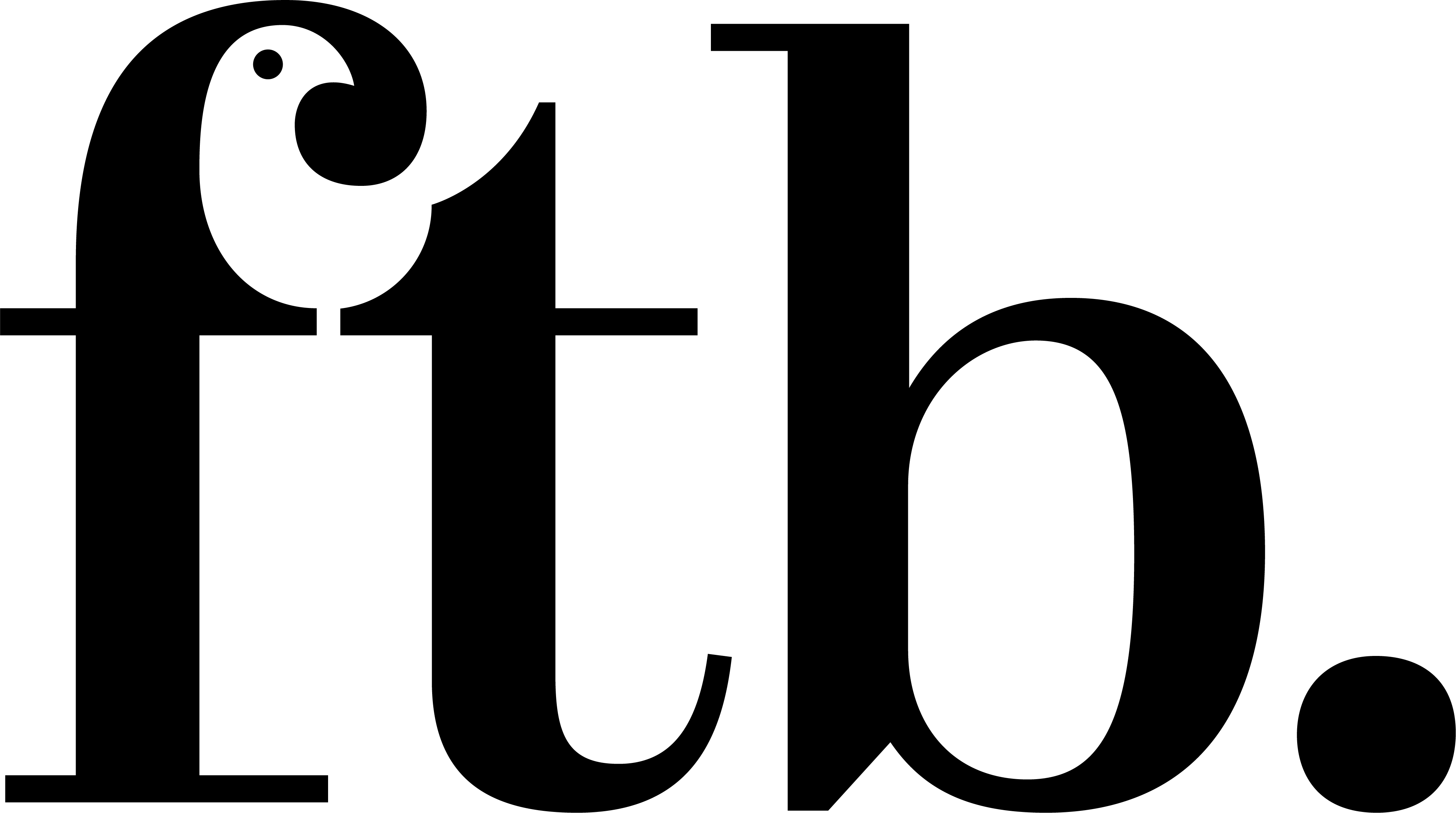Beautiful Thinking.
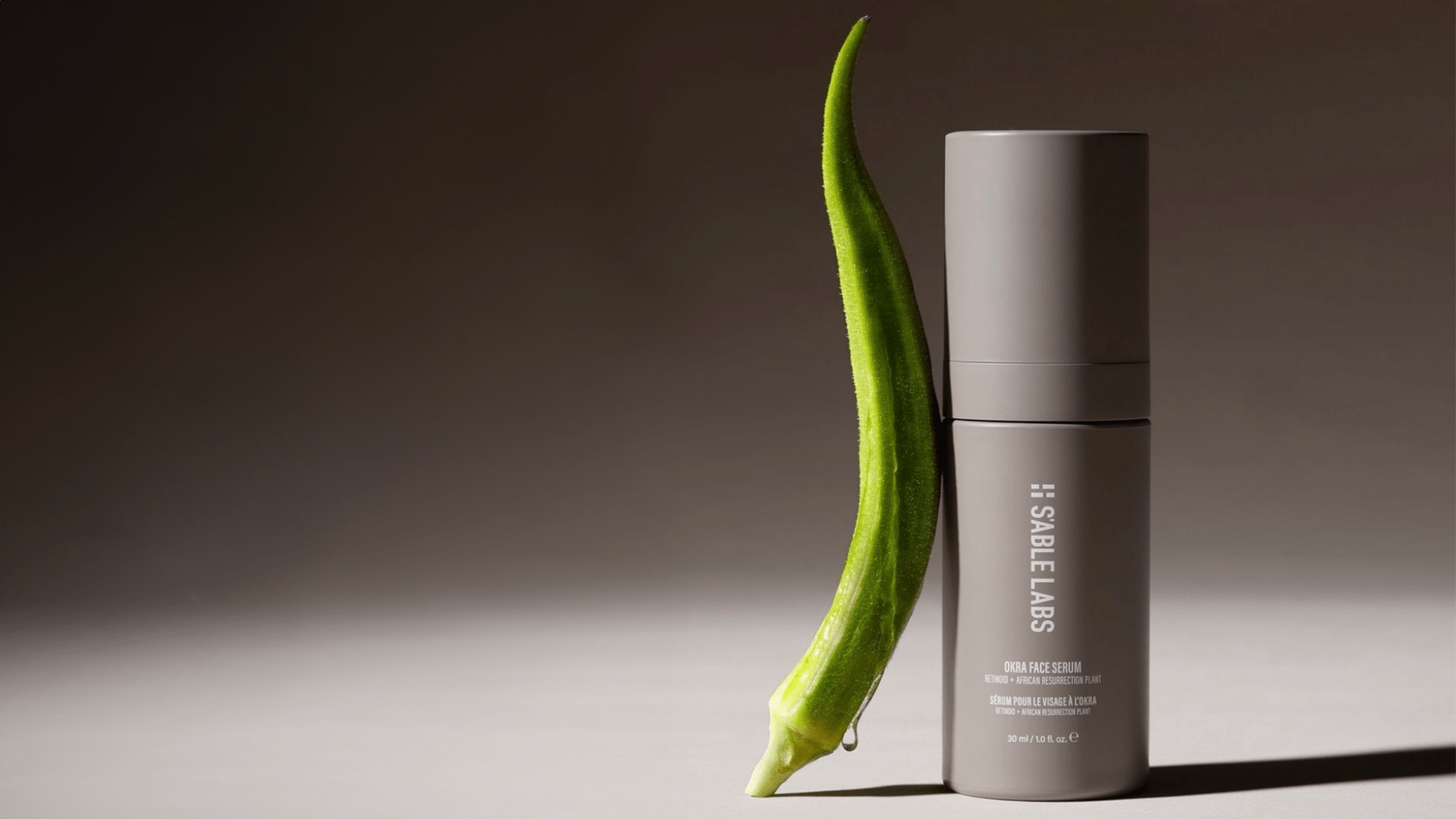
The topic which they attempted to cover in this single compelling session, was the realm of brand purpose.
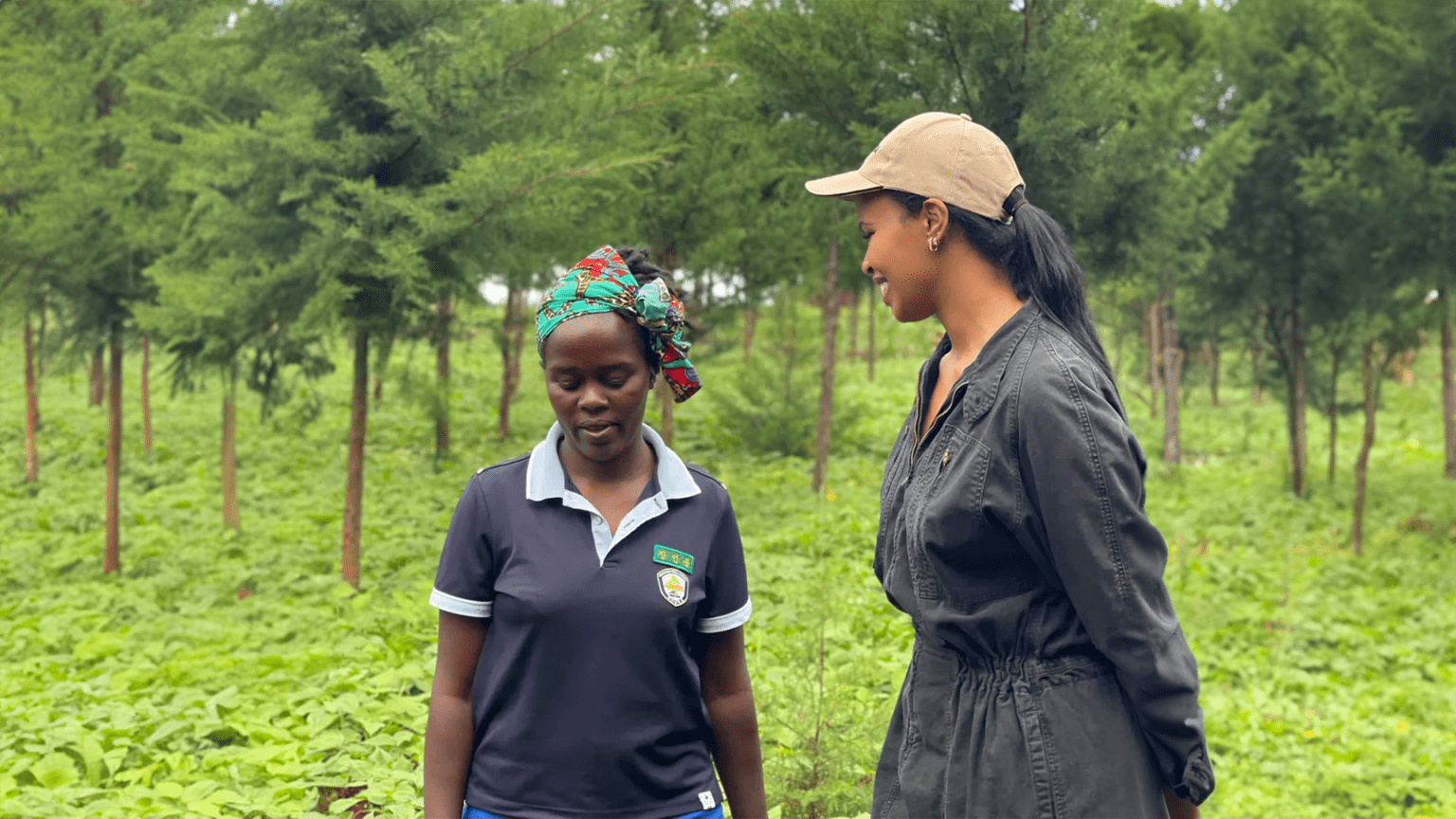

One of the speakers was Sabrina Elba, founder of S’ABLE Labs, which she launched alongside her husband, Idris Elba. The brand was launched with the goal of bringing melanin-inclusive skincare to all who seek support for skin that is sensitive to issues such as hyper pigmentation. However during the panel, Sabrina also discussed another key purpose and mission of the brand – to ensure sustainable sourcing of ingredients in order to protect the smallholder farmers of Africa and the global south.
Sabrina herself is a goodwill ambassador for the United Nations, where she supports the International Fund for Agricultural Development (IFAD). It was therefore of significant importance that when she and her husband launched their own collection of genderless skincare products, they did so using ingredients that were responsibly sourced. She sought to work in collaboration with small farmers, to not only ensure that she was protecting their livelihood and their environment, but to ensure that these farmers better understand a process which they can benefit from. This is in stark comparison to many major pharmaceutical companies, where small farmers are often overlooked in favour of cheaper and far less sustainable or eco-friendly mass-farming organisations.
Their work with IFAD, as well as organisations such as Farm Africa (which 15% of S’ABLE Labs sales goes to), ensures that these small farmers can support themselves, building a robust livelihood which supports them and reduces their need to rely on aid. In a previous interview Sabrina shared that “there’s a time and a place for aid, but it’s not sustainable. People need to be able to work and take care of themselves. But a lot of the time, the infrastructure isn’t there.”
During the panel, Sabrina touched on an occasion where, during a visit to a farmer’s land in Somalia, her mother was helping them to complete the DHL forms necessary for their work together to proceed, as they had never undertaken this process in this way before.
“Most times, it will be doing the work of going backwards and redoing a great deal. And that workload, it’s not good for your margins. So I can imagine companies are looking at their bottom lines and thinking, how do we maximise profit, rather than what’s right?
“And if you’re a major brand, the amount of infrastructure that would have to go into these systems, so that the outputs and yields of these co-ops or smallholder farmers is enough to sustain a massive order for a brand, is too much.
A business like L’Oreal wouldn’t be able to go to the same farmers we go to in sourcing their ingredients because these farmers can’t even produce the quantities they need. So they have to find co-ops and groups of farmers and bring them together and build a different kind of system. And it’s a huge amount of work.”
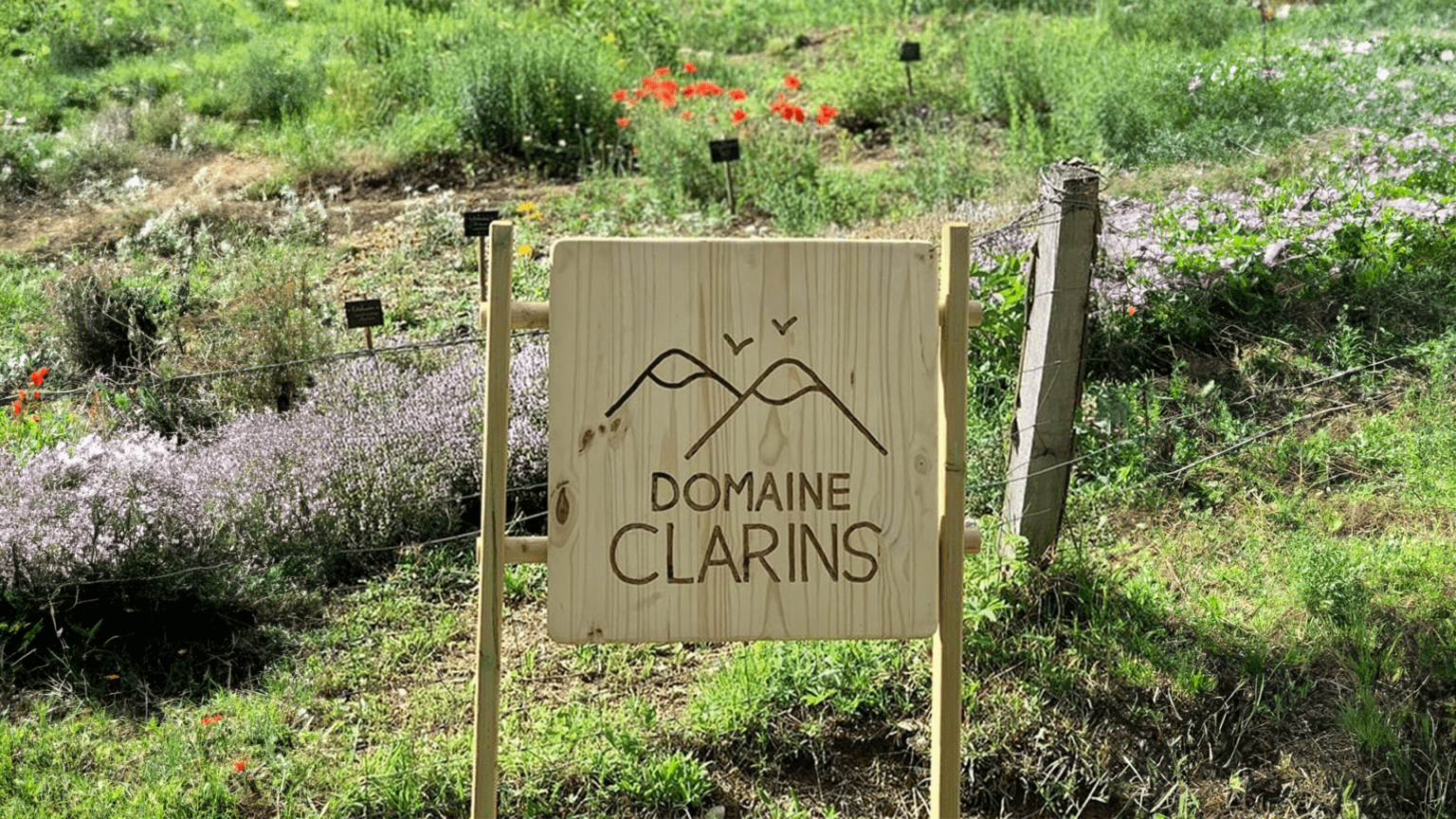
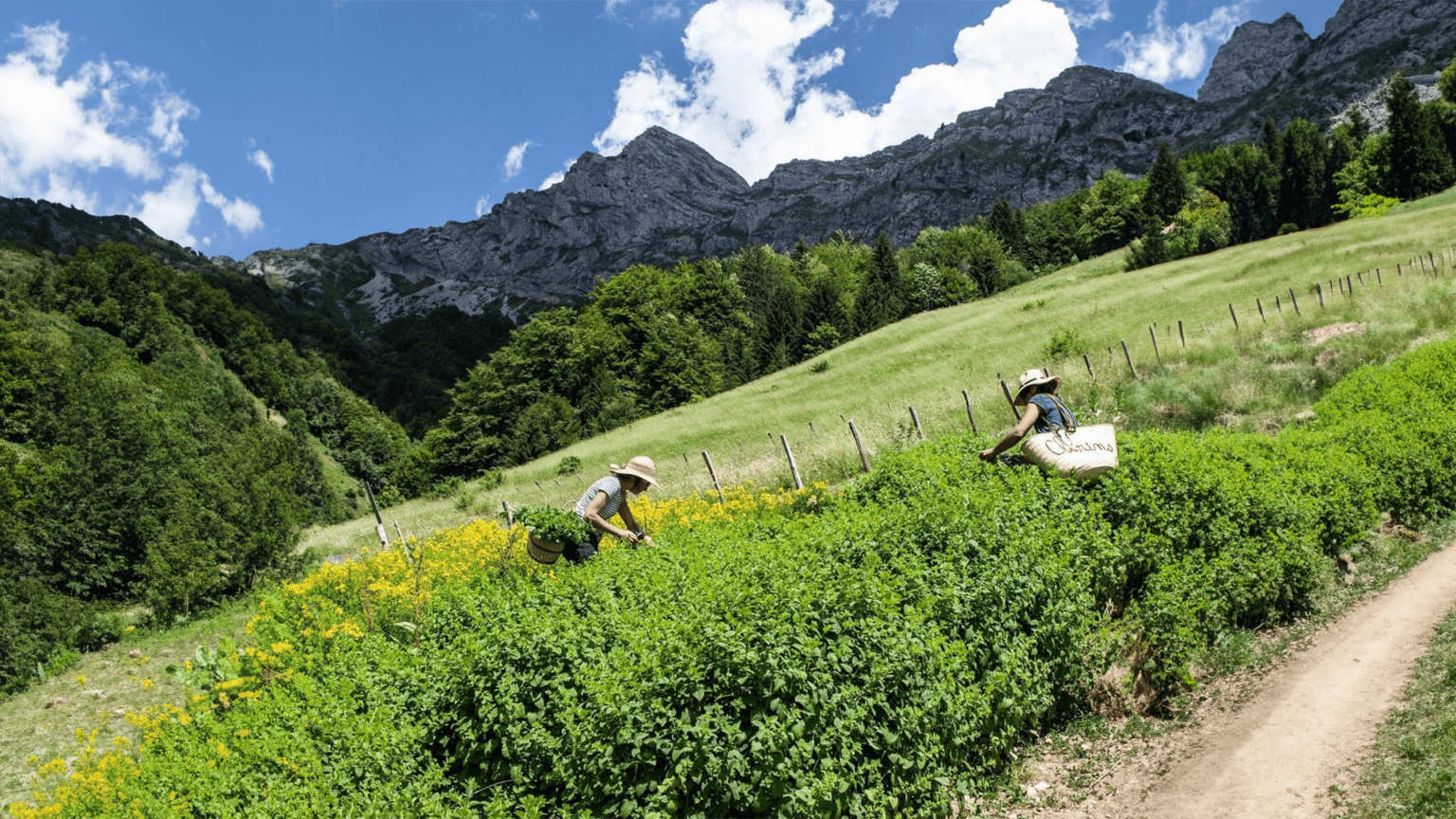


Support for sustainable farming and small-scale farmers is of greater importance than ever before, due to the impact of global warming. Extreme weather conditions which result from the rising temperatures of our planet are putting increasing pressure on the ecosystems which these farmers depend upon. For these individuals, global warming is not something they fear in the future, it is happening now, and it is affecting their living conditions and their livelihood.
The beauty industry is dependent upon nature to produce the ingredients and final packaged products which make up such a profitable industry. With many brands launching products that are steeped in scientific, efficacious ingredients, many forget that these very ingredients are borne of nature.
As founder of her own skincare range, Sabrina spent years learning about ingredients and fine tuning her own regime prior to the birth of S’ABLE, sharing that “If I’m still learning, I can only imagine the little time we all spend looking at these ingredients now.”
When discussing with her if there is often a lack of awareness and understanding not only behind the sourcing of ingredients, but also their origins as ‘natural’ ingredients, she commented, “There’s so many ingredients, and every day I’m stumped by the name of a new plant that I’ve never heard of. As a skincare founder you do kind of start learning to tell the difference between a Latin name and chemicals. You get kind of used to it, but to others it can for sure be misleading.
“What’s worse is a brand will say it’s a natural product – when it isn’t – because only a percentage of the ingredients are natural, then that builds this sort of miseducation. And obviously if something is a 100% natural product, it’s likely it would be in your fridge! Products must have things such as binders and preservatives, and with the miseducation of products being touted as natural, people start to look at these preservative ingredients as natural too. In turn furthering that confusion.
When considering this key issue, Sabrina returns to the considerations and complications that can arise in a brand’s goal of touting themselves as “100% natural”. She added, “people forget that 100% natural isn’t always the most sustainable option. It’s not always the most environmentally friendly option, because it can mean you’re over-sourcing or over-farming a particular ingredient.
In recent years there has been a greater spotlight and therefore many positive changes occurring, the use of palm oil as a prime example. More than ever the focus on industrial farming reveals the damage caused by the use of chemicals as well as factors such as monocropping, where a single crop is grown in one place time and time again.
Brands which champion the soil in which their ingredients are grown not only support the environment and protect its future for ongoing production in a healthy ecosystem, it also ensures that the final, finished product is of a higher quality and is more efficacious.
Nutrient-dense soil, achieved through regenerative farming, is made possible through the exclusive use of natural and organic methods, eschewing harmful chemicals and pesticides that ultimately have a negative effect on the skin and the body. Healthy soil that is rich in nutrients results in thriving ecosystems which not only cater to a broader variety of plants (a diversity which continues to feed the healthy soil it thrives in), the biodiversity supports wildlife in the region alongside an abundant plant life that creates a wider number of ingredients.
“With the kind of sourcing that we do, there’s more visibility on the farming methods. You don’t necessarily get that same visibility, communication and access when you go through big agriculture or bigger conglomerates and the way they do things.
“The relationship we have with the farmer and the conversations around the crops they’ve had, means we can communicate on the efficacy they believe the crops have, which can of course change depending on a season they’ve had. I think that conversation is priceless, because you know what you’re getting. We can be more selective in which crops and ingredients we get by having those communications, and which might get masked through big sourcing.
“We also wouldn’t work with anyone who was using the likes of pesticides or, you know, ingredients that we know don’t agree with our skin. And I think that is also a lot more transparent in this style of sourcing. It pushes you to actively pursue excellence and authenticity in those ingredients, because you’re more aware, you’re more transparent. So in that sense, there’s likely a stronger chance that they’re more efficacious. It almost comes with a transparent guarantee that we’ve done the work. That we’ve seen that this is the most efficacious crop, or that this is the best way to get this ingredient. Then you’re then trusting the sourcing method. Overall I think it is more trustworthy, because it is more transparent.”
It is little wonder that skincare leaders such as Clarins are also making investments in their ingredients, at their very source. This April, the household-name beauty brand announced its purchase of Domaine Sainte Colombe in France, a 115-hectare site that will become a production and processing location for cultivation of plants that will supply the raw ingredients for Clarins’ formulas. The company’s goal is to grow one third of the plants needed to produce Clarins’ ingredients by 2030.
At the same location, Clarins plans to open a laboratory which will also study new plant species. The announcement marks a significant step in beauty companies which, like S’ABLE Labs, hold themselves accountable to transparency at every point in the supply chain.
With the growing demand from customers for greater transparency, authenticity and accountability in the products they consume, brands which are not in step with S’ABLE Labs and Clarins will quickly fall behind.
